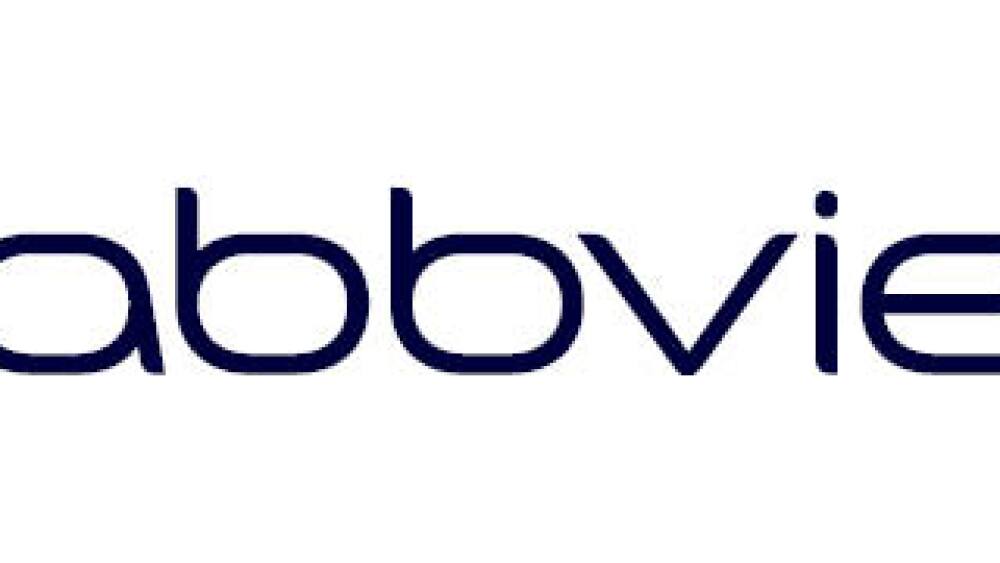Chicago-based AbbVie has exercised its exclusive license option to develop and commercialize Belgium-based Argenx’s ARGX-115. The compound is an antibody that targets novel immuno-oncology target glycoprotein A repetitions predominant (GARP).
Chicago-based AbbVie has exercised its exclusive license option to develop and commercialize Belgium-based Argenx’s ARGX-115. The compound is an antibody that targets novel immuno-oncology target glycoprotein A repetitions predominant (GARP).
The original deal was inked in April 2016. With today’s announcement, AbbVie picks up a worldwide, exclusive license to develop and commercialize ARGX-115-based products. Argenx is eligible for various milestone payments up to $625 million in addition to tiered royalties on any commercial products. Argenx also has the rights to co-promote any ARGX-115-based products in Europe and the Swiss Economic Area.
“We are very excited by AbbVie’s decision to exercise its option to license and develop ARGX-115, given its compelling track record in oncology,” said Tim Van Hauwermeiren, Argenx’s chief executive officer, in a statement. “We are proud of the work that this milestone represents for Argenx—both in efficiently advancing a premier Innovative Access Program candidate to clinical development and in facilitating wider recognition of the important research out of the de Duve Institute/Catholique University of Louvain around this first-in-class target.”
ARGX-115 is currently in preclinical studies. The compound binds specifically to GARP, which is key in regulating production and release of active transforming growth factor beta (TGF-beta). The companies believe the compound can selectively limit the immunosuppressive activity of activated regulatory T-cells (Tregs). This results in stimulating the immune system to attack cancer cells.
The compound was discovered under Argenx’s Innovative Access Program with the de Duve Institute/Université Catholique de Louvain and WELBIO. It was then licensed under a research and option deal in 2013.
Hauwermeiren went on to say, “Our Innovative Access Program remains a strategic priority for us, capitalizing on the combined strengths of the Argenx antibody platform and the deep disease biology expertise at research institutions. We continue to seek out cutting-edge research and targets while advancing our current collaborations, all with the potential to broaden our pipeline and demonstrate our discipline as a strategic partner.”
Pharmaphorum notes, “AbbVie is lagging behind rivals in the field of cancer immunotherapy. While Bristol-Myers Squibb and Merck & Co. have been marketing PD-1 checkpoint inhibitors for several years, AbbVie’s PD-1 drug is only in early trials. AbbVie also has an anti-CD40 antibody in early stage development for solid tumors.”
Eli Lilly is also working in the area of TGF-beta inhibition. Its galunisertib is in Phase II/III trials for hepatocellular carcinoma.
“Immuno-oncology is one of AbbVie’s key focus areas in our mission to discover and develop medicines that drive transformational improvements in cancer treatment,” said Tom Hudson, AbbVie’s vice president, Oncology Early Discovery and Development, in a statement. “Our collaboration with Argenx over the past two years has been productive, and we look forward to continue working together to fuel scientific progress for patients.”
According to Reuters, after the announcement, Argenx shares climbed by more than 6 percent in early trading. “After listing on the stock market in 2014, Argenx’s share price has increased tenfold and it joined Belgium’s blue-chip index Bel20 earlier this year.”





